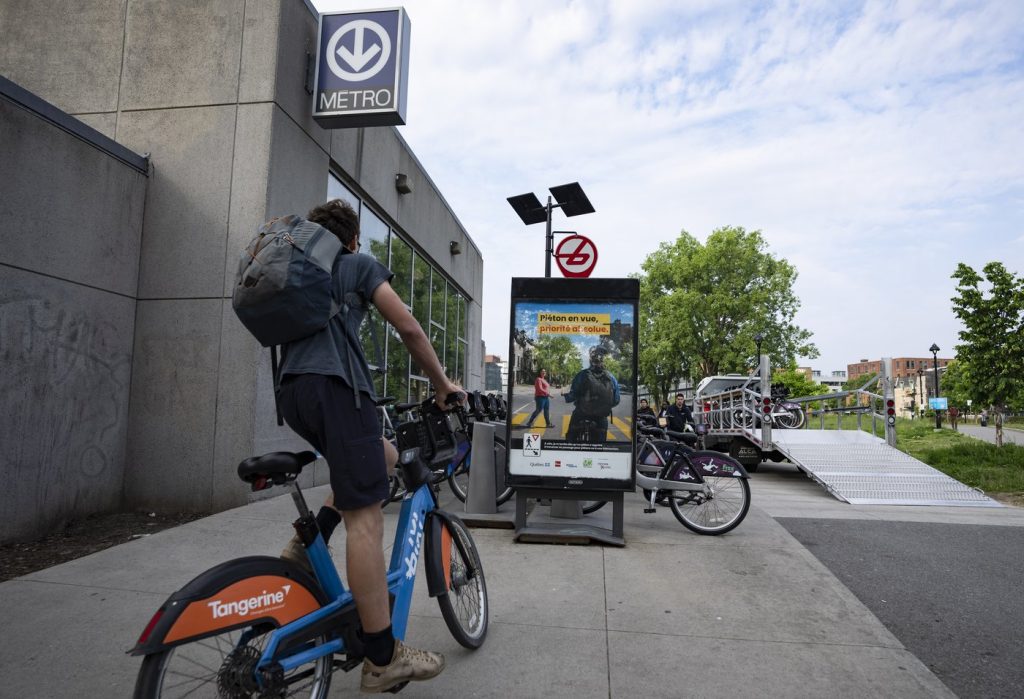MONTREAL — A significant increase in cycling activity has been reported in Montreal as a result of the ongoing public transit strike, according to Jean-François Rheault, the CEO of Vélo Québec. The strike, initiated by 2,400 transit maintenance workers, began on Monday, June 9, 2025, and has led to limited bus and metro services, restricting operations primarily to the morning and afternoon rush hours as well as late at night.
Rheault highlighted that the bike counting devices installed by the city have recorded unprecedented numbers of cyclists utilizing the city's bike paths since the strike commenced. Notably, one bicycle counter located at the intersection of St-Denis and Rachel streets logged more than 11,000 trips on Tuesday, marking a record for that location. Such high traffic levels indicate a significant shift towards cycling as an alternative means of transportation due to the limitations imposed on public transit.
In addition to the remarkable usage statistics, Rheault noted that some bike paths have become so congested that cyclists are experiencing delays, having to wait through multiple traffic light cycles to safely cross intersections. This surge in cycling activity reflects not only a response to the transit strike but also suggests a growing acceptance and reliance on bicycles as a viable transportation option in the city.
The data collected by the bicycle counters is made available through the City of Montreal’s open data portal, providing transparency and insights into the increasing trend of cycling. The situation underscores both the immediate impact of labor disputes on urban mobility and the potential for long-term changes in commuting patterns among the city's residents.
The ongoing strike and the resulting increase in biking activity could prompt city officials to reconsider investments in cycling infrastructure, as it demonstrates the demand for alternative transit options during periods of disruption. As the city grapples with these changes, the role of cycling in Montreal’s transportation landscape is likely to evolve, further emphasizing the importance of accessible and efficient bike paths for residents.











